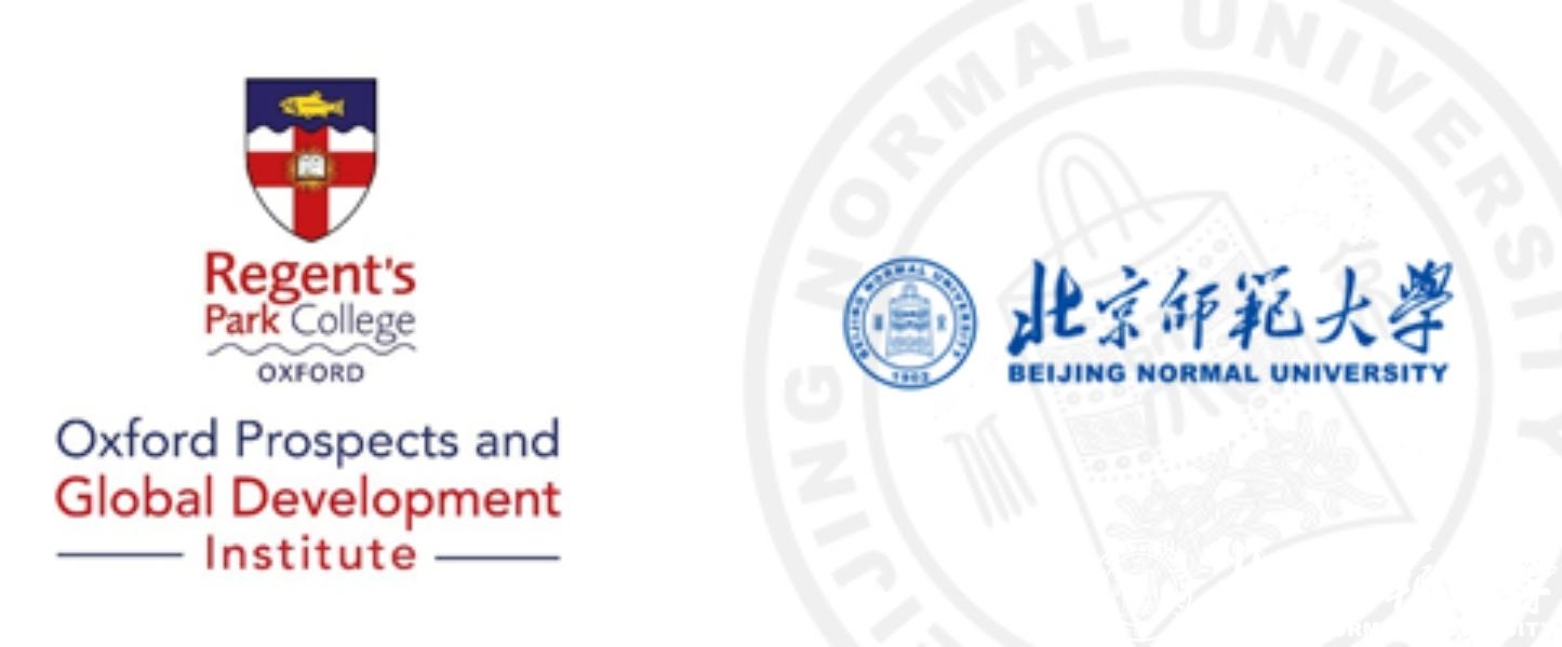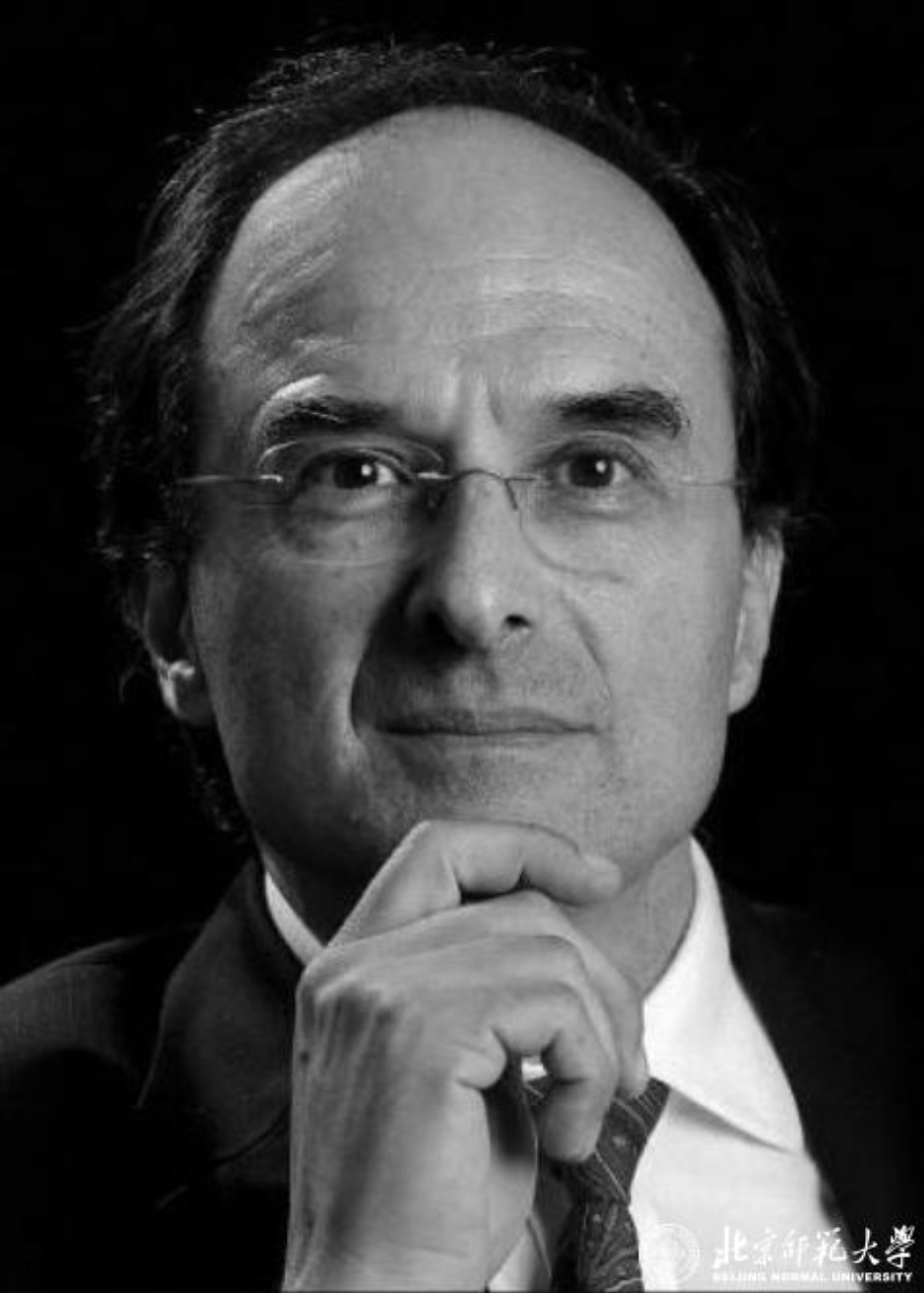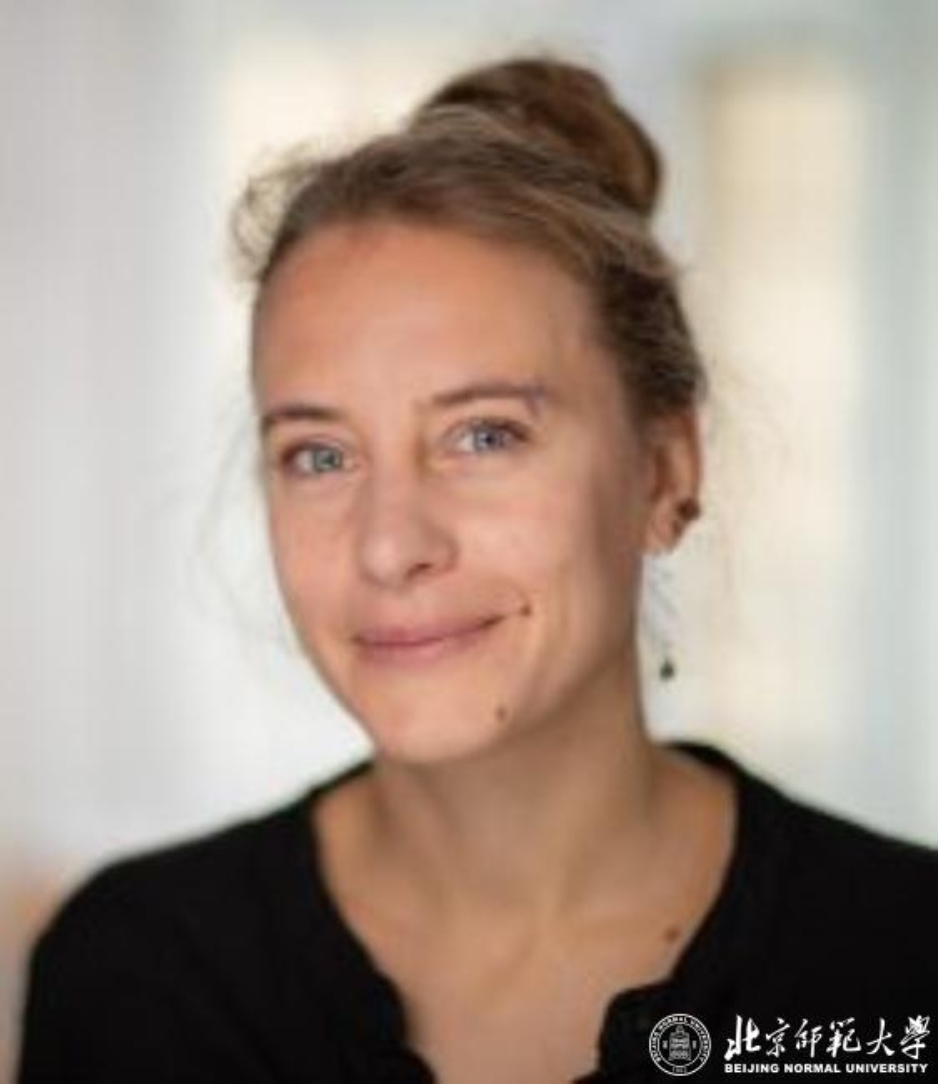[Lecture] Reversing the Degradation of the Ecosystem: A Critical Consideration of the UN Restoration Goals
Time: 19:30 19th February, 2021
Ways of Participation:
Overview:

Oxford Prospects and Global Development Institute (OPGDI) hosts four conversations, within the series theme of “restoration”, between academics and policy-makers.
This term’s four online conversations will explore some of the challenges in the current global context, where social and political unrest, economic disorder and ecological disaster are intersecting and intensifying divisions within and between nations. The series features experts in law, politics, international affairs, ecology and economics. Drawing upon their research and professional practice, they will offer insightful analysis into the complexities of conflict and division, guiding us to think more deeply on present crises – some of which can perhaps be transformed into opportunities for building and restoring global cooperation.
Oxford Prospects and Global Development Institute (OPGDI) in partnership with Beijing Normal University hosts this conversation, within the series theme of “restoration”, between academics and policy makers.
Guest Speakers:

Dennis Snower is a Senior Research Fellow at the Blavatnik School of Government of Oxford University, as well as a non-resident Fellow of Brookings Institution, and a Research Fellow at the Center for Economic Policy Research (London), at IZA (Institute for the Future of Work, Bonn), and CESifo (Munich). Professor Snower is founder and President of the Global Solutions Initiative and Professor of Macroeconomics and Sustainability at the Hertie School in Berlin. He was President of the Kiel Institute for the World Economy and Professor of Economics at the Christian-Albrechts-University of Kiel until February 2019. In 2017 he was made Co-Chairman of the officially mandated Think 20 Engagement Group (T20), advising the German G20 presidency. He holds a BA and an MA from New College, Oxford University, and an MA and a PhD from Princeton University. Prior to becoming President of the Kiel Institute, he was Professor of Economics at Birkbeck College, University of London.

Dr Friederike Otto is Associate Director of the Environmental Change Institute, University of Oxford, and an Associate Professor in the Global Climate Science Programme. She is the co-lead of World Weather Attribution (WWA), pioneering rapid attribution studies in an international effort to analyse and communicate the possible influence of climate change on extreme weather events. She was named one of New Scientist's 'Ones to Watch' and in 2020 'climate change attribution' was named one of MIT Tech Review's top ten breakthrough technologies. In 2020, she became one of 10 international climate scientists to join the core writing team of the Intergovernmental Panel on Climate Change Synthesis Report of the Sixth Assessment Report (AR6) - the document that will integrate all the IPCC reports in the current assessment cycle. Her work has been featured extensively in global media including the FT, Economist, Times of India, Sun, Wall Street Journal, Telegraph, Guardian, New York Times, Washington Post, Daily Mail, Die Zeit, Der Spiegel, BBC, and CNN.

Xiaofan Yang is currently a Professor in Earth System Science affiliated with Faculty of Geographical Science, Beijing Normal University (BNU). Her research interests include hydrology and water resources, soil and water pollution, watershed science and ecosystem function. She has published more than 60 research articles in scientific journals and has been the PI/Co-PI of research projects funded by the government and industry in both China and the U.S. She is also the national representative of International Arctic Science Committee. She holds a BEng from Tsinghua University, China, an MSc from Royal Institute of Technology, Sweden and a PhD from Kansas State University, USA. Before joining BNU, she was a scientist at the U.S. Department of Energy’s Pacific Northwest National Laboratory.


